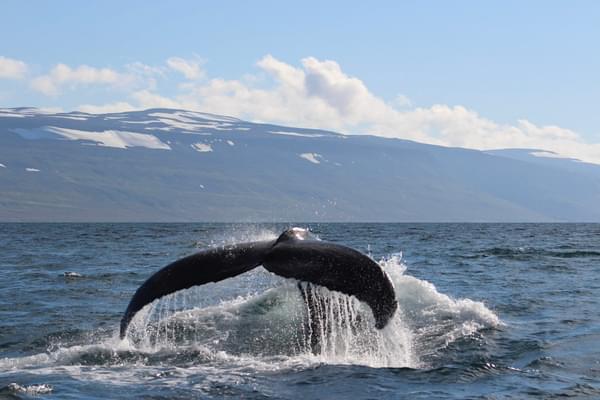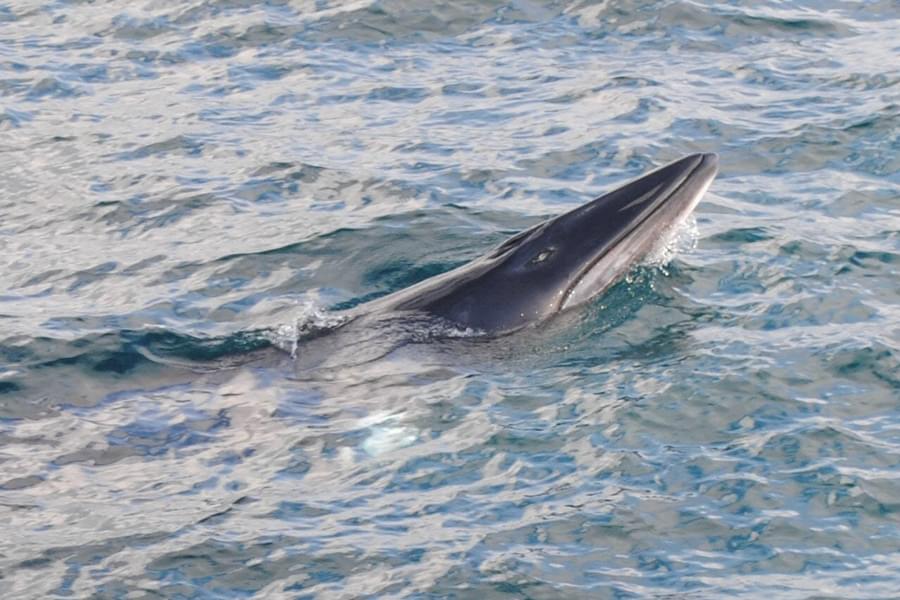A landmark US ruling could reshape global fisheries management and offer a last chance to safeguard whales, dolphins, and seals from deadly bycatch - but the clock is ticking, with fears that a second Trump presidency may roll back these protections.
The US National Oceanic and Atmospheric Administration (NOAA) has announced that from January 2026, 46 nations will be barred from exporting certain seafood products to the United States after failing to demonstrate that their fisheries meet US standards on protecting marine mammals. Another 34 nations received only partial approvals for some of their fisheries.
This unprecedented decision enforces a long-ignored provision of the 1972 Marine Mammal Protection Act (MMPA), which requires foreign fisheries to meet the same bycatch prevention measures as those imposed on US fishers. The move comes after years of campaigning - and legal action – by conservation groups who argued the law was being neglected.
“Bycatch is the most significant threat to marine mammals around the world and it is a horrible way for whales, dolphins and seals to die,” said Sarah Dolman, Senior Ocean Campaigner at the Environmental Investigation Agency (EIA). “This decision should be a wake-up call to many other nations who export fish products to the US.”
Every year, more than 650,000 marine mammals die in fishing gear worldwide. They become unintentional victims of nets, longlines, trawls, pots and traps - drowning or suffering fatal injuries before being discarded at sea. Globally, this scale of loss is driving population declines and piling additional pressure on species already under stress from climate change.
Among the countries facing restrictions are Mexico, China, Indonesia, Nigeria, and Türkiye, with NOAA citing failures to track or limit marine mammal bycatch. Some nations, such as Benin, were barred outright for failing even to apply for a “comparability finding” - the certification needed to prove that their fisheries adopt standards equivalent to those in the US.
For countries like the UK, which exports lobsters and crabs from pot fisheries to the US, the ruling has major implications. Conservationists have raised concerns that these fisheries may be contributing to a localised depletion of the minke whale population, with one study suggesting a shocking bycatch rate of 2.3 per cent. If accurate, that would place the UK at risk of failing to comply with MMPA provisions - potentially threatening a lucrative export market.
“This is a lifesaving victory for whales and dolphins swimming in the waters of Mexico, Vietnam, and other nations,” said Sarah Uhlemann of the Center for Biological Diversity. “These conservation sanctions will mean fewer beloved marine mammals will get caught and killed in fishing gear. I only wish the US government had gone further.”
The US is the world’s largest seafood importer, bringing in more than $26.6 billion worth of products in 2024 from over 140 countries. Around 80 per cent of seafood consumed in the US is imported, giving Washington huge leverage in shaping global standards.
The conservation group led 2023 Ban Bycatch report surveyed fisheries in 11 nations, including Canada, France, India, Norway and the UK. It concluded that few, if any, were able to demonstrate full compliance with US bycatch rules, citing poor monitoring, inadequate enforcement and a lack of population assessments for at-risk species.
Zak Smith, a senior attorney at the Natural Resources Defense Council, was blunt: “If you want to sell your seafood in the United States, it is only fair that you live up to the same strict marine mammal protections that other fishermen abide by. US consumers and fishermen deserve nothing less.”
The ruling is being hailed as a potential turning point. By forcing governments to monitor and mitigate bycatch, it could reduce the hundreds of thousands of preventable deaths that occur each year. But the opportunity may be fleeting. President Trump has signalled hostility to environmental regulation and is reportedly eyeing the Marine Mammal Protection Act as a target for repeal or weakening if he returns to the White House.
That makes this moment critical: a rare instance where US leadership is pushing the global community toward stronger protections for marine life. Whether these gains can be secured and built upon will depend not just on enforcement, but on whether the political will to defend the MMPA survives the next election.
As Georgia Hancock of the Animal Welfare Institute put it: “Marine mammals contribute immense value on a global scale – ecological, economic, and cultural. Killing them by these cruel methods must have serious consequences.”
For whales, dolphins and seals around the world, the stakes could not be higher.
Main image: minke whale

Tens of thousands of cetaceans are entangled in fishing gear every year and injured or killed, decimating vulnerable populations and pushing some species towards the brink of extinction. Our monitoring work plays a vital part in helping to identify hotspots where cetaceans are vulnerable to bycatch, so please visit www.orca.org.uk/donate to help support this vital work.

